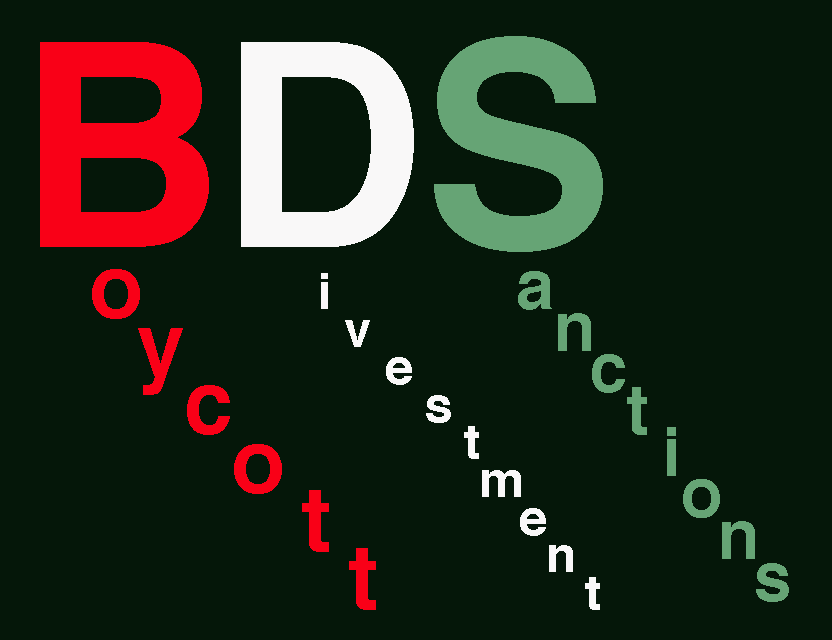 Photo from Wikimedia Commons.
Photo from Wikimedia Commons. David Peyman, the State Department’s Deputy Special Envoy to Combat Anti-Semitism, described the department’s efforts to combat the boycott, divestment and sanctions (BDS) movement worldwide in a Sept. 9 interview with The Algemeiner.
Peyman decried the BDS movement as “vile anti-Semitic hate,” pointing to the United Nations Human Rights Council’s (UNHRC) February list of companies that conduct business with those living in Israeli settlements in the West Bank, East Jerusalem and the Golan Heights.
“All you have to do is look at the United Nations Human Rights Council list and determine how many companies on that list are Jewish and how many companies on that list are Palestinian Arab companies that may be doing business in the same geographic areas,” Peyman said. “So if the vast, vast majority of the companies are Jewish, I think that’s a very good data point in revealing that this is a hate campaign, a vile hate campaign directed at the Jews.”
He also said that it’s important to support all companies based in Israel — including those that operate in the West Bank — because they “are contributing immensely to the world and to the world economy.”
Modeled after the South African anti-apartheid movement that was founded in 1959 and expanded over the next several decades, the BDS movement urges action to pressure Israel to comply with international law, the Brookings Institution wrote in January.
Peyman explained that the Office of the Special Envoy to Monitor and Combat Anti-Semitism’s campaign against BDS will involve other government departments and agencies, such as the Commerce Department, to engage in “rigorous enforcement” of anti-BDS laws. Current federal laws prohibit companies from engaging in foreign countries’ boycotts of Israel; these laws were a direct response to the Arab League’s boycott of Israel.
Additionally, the Office of the Special Envoy to Monitor and Combat Anti-Semitism will be encouraging other countries to adopt anti-BDS laws and engage in economic and cultural ties with Israel. Peyman told The Algemeiner that the goal is to reach “to the point where the constant good news, positive news of increased commercial activities … is drowning out any kind of one-off story about where BDS may have discouraged this specific person or entity from investing or engaging in Israel.”
Peyman was brought on for his current role in May; his focus is on combating anti-Semitism in Europe and Asia and the BDS movement. He previously worked as the Deputy Assistant Secretary of State for Counter Threat Finance and Sanctions from Aug. 2018 to April 2020, where he led 25 sanctions programs, including sanctions against Iran. He also has previously served as California’s deputy attorney general and as the Jewish Affairs and Outreach director on President Donald Trump’s 2015-16 presidential campaign.























 More news and opinions than at a Shabbat dinner, right in your inbox.
More news and opinions than at a Shabbat dinner, right in your inbox.